Tiger Lotus Red Nymphaea zenkeri
$9.88
Tiger Lotus plants are regarded as sacred from South Africa all the way to Northern China. Tiger Lotus (Nyphaea sp) plants grow astonishingly quick! The Tiger Lotus will grow in dark conditions as well as high light conditions, so this plant is perfect for virtually ALL lighting types as well as use in small ornamental vases, betta bowls, and even small water garden features. Tiger Lotus absorb lots of excess nutrient from your water column such as nitrates and phosphates which would otherwise contribute to your algae growth, so this is an excellent plant for natural algae control as well and the leaves offering refuge and natural habitat for fish and baby fry to live around.
- Reviews (1)
- Description
Description
N. lotus “Jade” or “Red” is a bulb plant which produces both submersed and floating leaves. Leaf shapes start out triangular, and then start to spread out into a more uneven circle w a piece of the pie missing. Though the tiger lotus will grow under almost no light or low light, higher light values should be offered by the aquarist if the formation of floating leaves is to be avoided as this plant will want to grow toward the light. A powerful light such as a pendant or Kessil light will be best for more direct lighting. If these floating leaves do develop and you prefer a more shady lower aquarium, feel free to leave the leaf! Along these same lines, plants that already develop predominantly floating leaves can be trained to discontinue this growth habit if a vigilant trimming of developing floating leaves is practiced. Dont be afraid to trim, you wont kill it from trimming. It is important to recognize the evolution of this species, and the tremendous taxonomical and morphological diversity that has impaired the ability of researchers to resolve their genetic relationships with many genera remaining incertae sedis. You will not be disappointed owning these lovely plants.

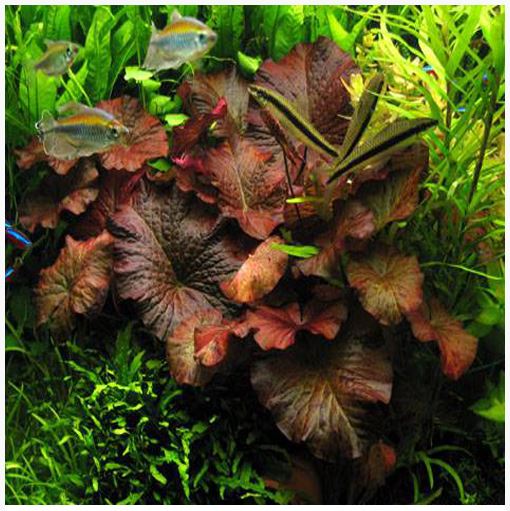
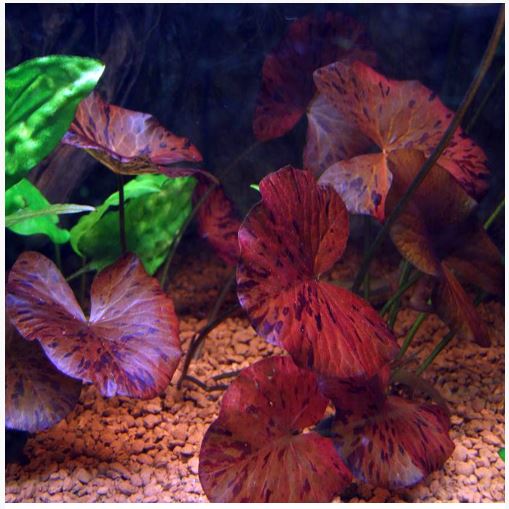

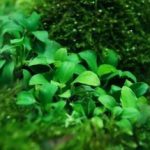
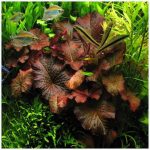
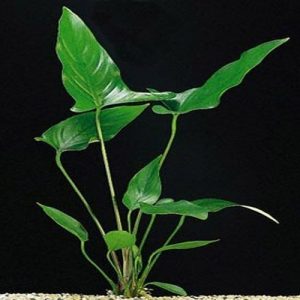
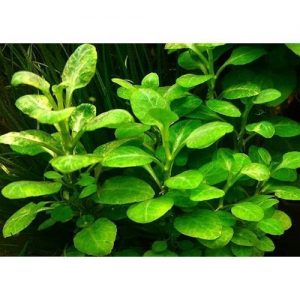
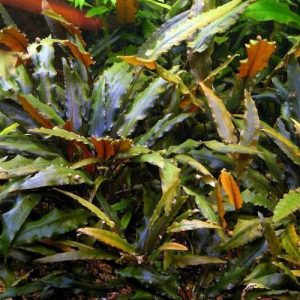
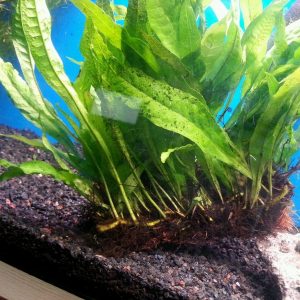
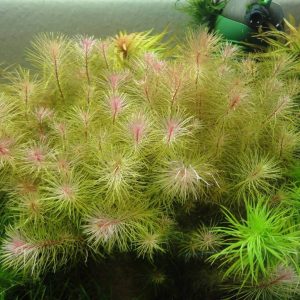
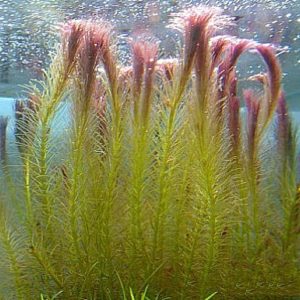
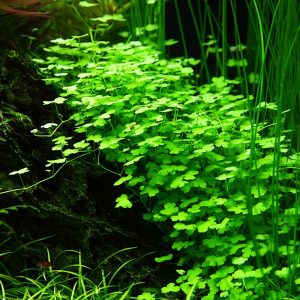
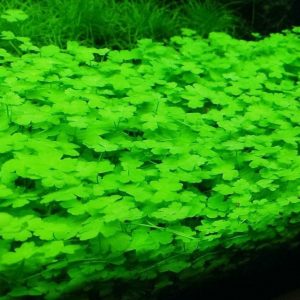
Here's the tiger lotus lily blooming.